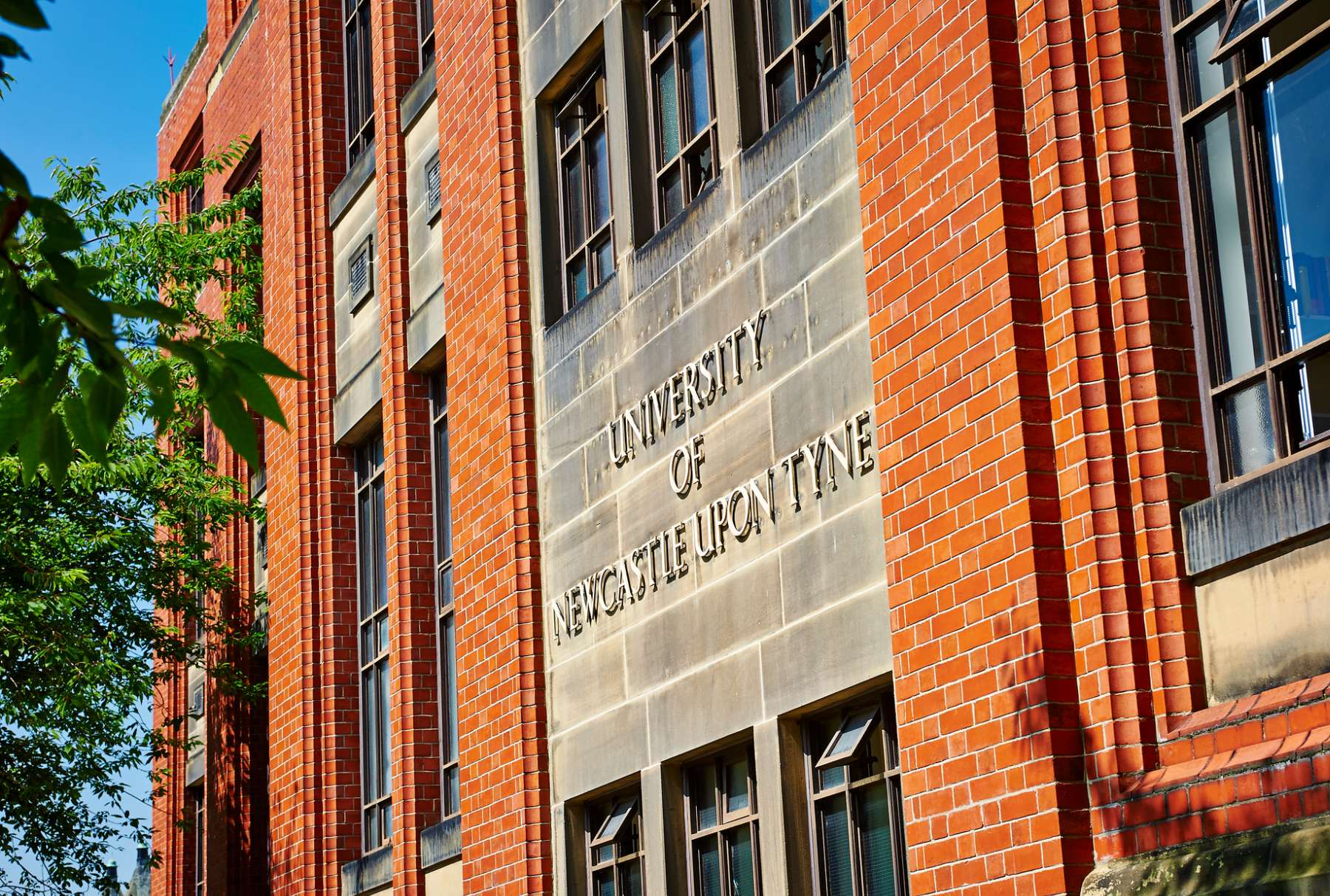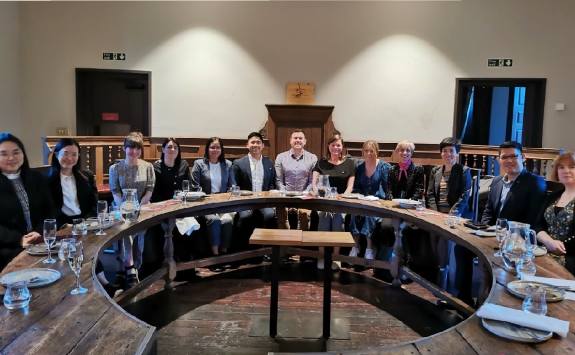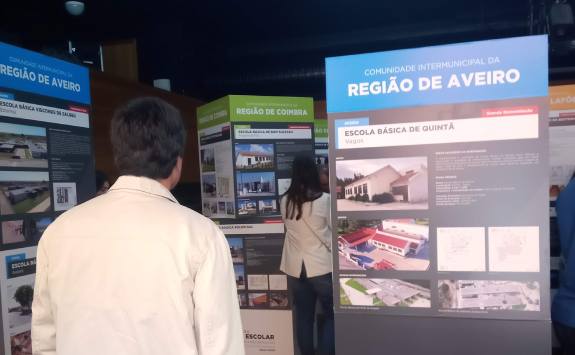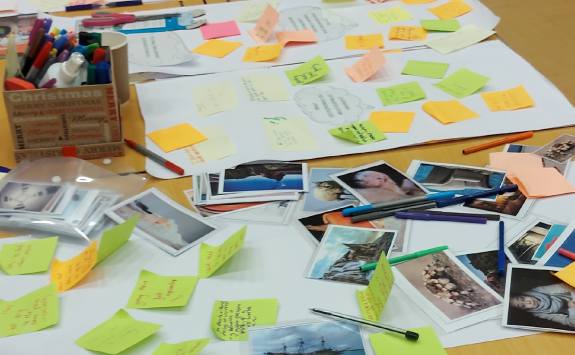Community for Learning and Teaching Newsletter
May 2023
Issue 45
CFLAT headlines
Karen Laing, Lucy Tiplady and Liz Todd will soon be inviting people to take part in a seminar about UK policy to prevent Early School Leaving, as part of the Horizon Europe SCIREARLY project. If you are interested in this area and feel you have something to contribute, do get in touch!
CfLaT visitor and PhD student, Gabriela Heck, now returned to Brazil, recently took part in an international virtual round-table discussion of inclusion in science.
Debbie Ralls is currently on a research trip to Brazil, where her activities include giving a lecture on participatory mapping at Rio de Janeiro State University.
Karen Laing recently travelled to Berlin for the annual meeting of the European Educational Research Association as co-convener of the Research Partnerships in Education Network (N15). Much of the time was spent planning the ECER conference which this year will be in Glasgow. Watch this space for updates!
Debbie Ralls has coauthored a chapter with young people in Routledges’s new ‘Handbook of Children and Young People's Participation’. All are welcome at the online book launch (19 June, 12noon) to celebrate the transformative nature of child participation and the involvement of young people in the co-writing process. Register via eventbrite.
CFLAT gets ready for the next 20 years
After the pandemic years, and prompted by changes in the University research landscape, we’ve been asking ourselves, ‘What is it that CfLaT does and stands for?’ The answer to this question will inspire us beyond our 20th birthday, which we celebrate this year.
So far, we have produced the text below:
CfLaT is a multi-disciplinary community of local, national and international researchers, students and practitioners creating, sharing and using knowledge together with the aim of making a positive difference for organisations, children, families and communities. We have a 20 year history of educational research into areas such as educational fairness and justice, innovative pedagogies, and professional learning and practices.
CfLaT members undertake collaborative, and often co-designed research in order to take action together in order to engage stakeholders and create sustainable change. We recognise that everyone, including children and young people, have expertise and knowledge in this regard, and that knowledge is created together in a relational, mutually respectful way, and can be shared and used in a multitude of ways in order to make change.
Karen Laing, who is leading this collaborative definition, invites you to join in, saying, ‘Do let me know what you think, and what else we should be saying - and feel free to modify/ discuss/ add to the text by return email.’ Look out for activities and events, including return of the CfLaT Research Showcase. To join the discussion contact k.j.c.laing@newcastle.ac.uk.
Free event: School Spaces. What do students need and want?
Although many of the Collaborative ReDesign with Schools (CoReD) case studies focus on how school teachers use educational space, the CoReD tools can work well with children and young people. Ulrike Thomas and Pam Woolner invite you to a workshop to explore this use.
We will be considering if the schools we have, and the new ones we are building, fulfil the learning and wellbeing needs of children and young people. What approaches enable their voices to be heard in discussions of school infrastructure, locally, nationally and internationally? Most excitingly, we will be connecting live with the Director and students of Rainha Santa Isabel School in Portugal to find out how they used the Survey on Students’ School Spaces (S3S) tool to improve their school environment. We will then hear how the same survey tool was used by students in Ponteland to evaluate their brand new school.
Where: 6.19b The Henry Daysh Building Newcastle University. When: June 27th 2023, 3.30pm - 6p.m (tea & cake from 3.30pm, with the workshop starting at 4pm).
There were inspirational sessions from David Leat, Heather Smith, Susan O’Hagan and Damian Groark, and keynotes from Jane Robinson, University Pro-Vice-Chancellor, Engagement and Place, and Adrian Dougherty, Head of Public Sector Innovation at North of Tyne Combined Authority.
A social lunch gave us an opportunity to see the ENACT and Linguacuisine apps in action in the digital kitchen and find out more about the wide-ranging expertise within the School of Education. The day was rounded off with a fantastic meal at Blackfriars Restaurant.
For more information: AlisonWhelan2@newcastle.ac.uk or www.eef.or.th/eef/ and www.creativitycultureeducation.org/
A central draw was the exhibition featuring the best school buildings, both new builds and refurbishments, from each of the 100 municipalities of the central region of Portugal. The plans, photographs and key information, including the money invested by the local government and the EU, made great reading - even to someone who doesn’t speak Portuguese. To accommodate the language issue, there was simultaneous translation -of Pam’s talk into Portuguese and of the other speakers into English for Pam. As requested, her contribution was a reflection on innovation in design and educational practices evident at Jesmond Gardens Primary School, Hartlepool. Many delegates expressed delight at the school - and Pam had to assure them that not all British schools are quite like this!
Counting the cost of the school day
Cost of the School Day (CoSD) was a 3 year project planned and delivered by Child Poverty Action Group in partnership with Children North East. Liz Todd, Karen Laing, Lucy Tiplady and Ulrike Thomas from CfLaT completed an evaluation at the end of 2022 and the final report is due to be published in the coming weeks.
As part of the project CoSD practitioners worked in schools in England, Scotland and Wales talking to children, young people and their families, as well as school staff, to find out what costs are associated with going to school and what impact these have, particularly on families who are struggling financially. The voice of the child is central to the process.
What the CoSD project highlighted is that it is not just the typical costs that are associated with school that have financial implications and create stigma i.e. school meals and uniform; it is also the cost of the nice ‘extras’ – school trips, dressing up days, fund raising activities, disco tickets, fruit at break time, school photographs etc. These create cumulative costs that are putting families under increased pressure.
The evaluation evidenced a range of practices that schools put into place after hearing the moving words of their children and families. These included:
- Providing family disco tickets so that families with more than one child do not have to pay large sums of money
- Creating pre-payment plans for trips and providing plenty of notice
- Changing dressing up days to just wearing colours or enabling the pupils to create outfits in school
- Providing eco swap shops for uniform and dressing up clothes
- Changing the number and timing of fundraising days and the way that donations are collected e.g. online, links to main charity websites
- Changing how school photographs are given out i.e. no longer in front of the whole class.
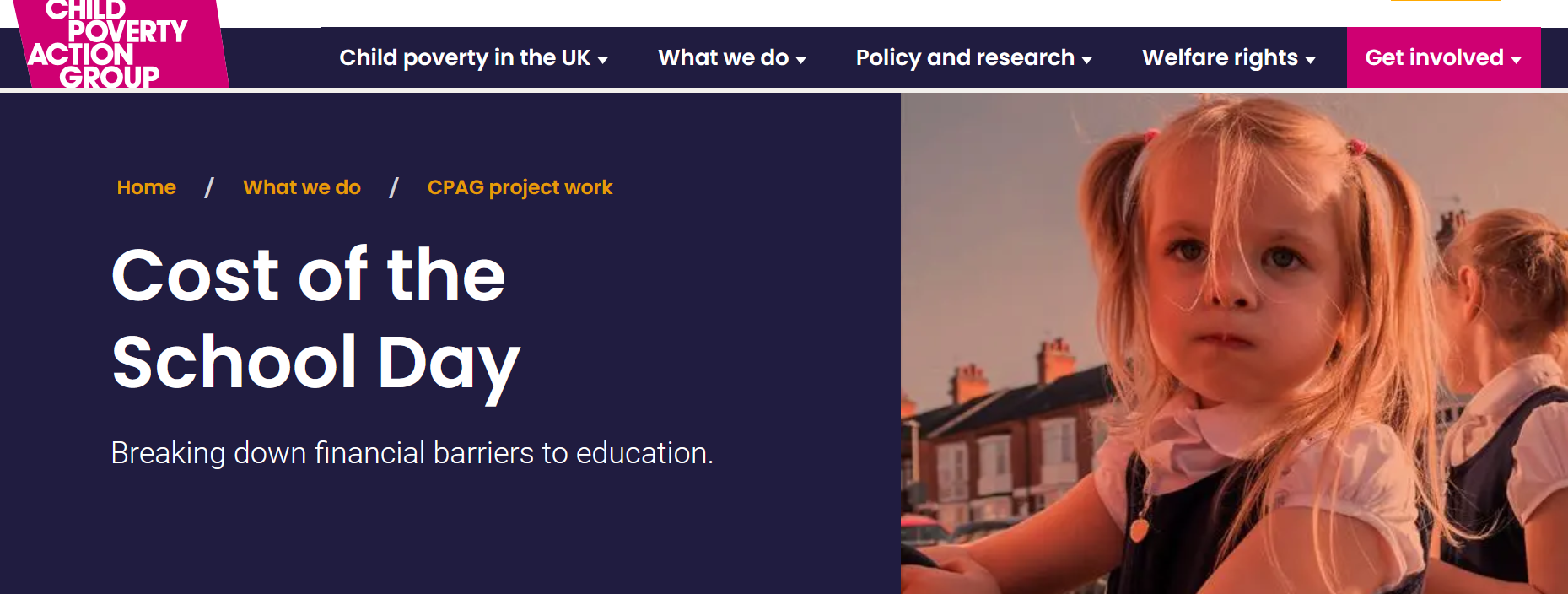
We conducted interviews, workshops and analysed cohort data to understand which students are more likely to be made and accept an offer; and continue to progress academically at university.
We found both differences and similarities in offers, continuation and degree award trends between those receiving lower offers and those entering through standard entry pathways. We also found that many applicants and staff knew of contextual admissions but don’t know how they work or how they are used. From workshops, some students felt that contextual offers helped to reduce the pressure to achieve high grades, but they were still felt committed to achieving highly.
Work in this area is ongoing. This research and evaluation will be published in a forthcoming paper and also form part of three upcoming conference presentations.
To find out more, please contact: krystal.douglas@newcastle.ac.uk
Research Teas, Summer 2023
CfLaT Research Teas aim to provide an informal opportunity for staff, postgraduate students and other interested parties to get together to discuss current research. They will be held in KGVI.B83.iLabLearn with tea and coffee available from 3.30pm and the session running 3.45-4.45
Wednesday 21st June 3.30-4.45pm - Students as Partners: Co-creating safe spaces and building trust - Anna Christy, Kudzaishe Chiwara, Jonathan Lee, Micha Newman, Andy Oroke, Kirijana Yogaratnam (Student Advisory Board, School of Engineering) and Dr Amina Razak (Inclusive Newcastle Knowledge Centre).
Inclusive Newcastle Knowledge Centre (INKC) and members of a Student Advisory Board (SAB) will share their reflections of co-creating on a project aiming to tackle degree awarding inequities at Newcastle University. The INKC Researcher and SAB will reflect on the empowerment of student voice and share processes of enabling meaningful partnership
For further information on CfLaT research teas, if you would like to join a tea via Zoom or if you are interested in discussing some of your own research please contact Lucy.Tiplady@ncl.ac.uk
CFLAT publications 2022/23
Beckwith L, Smith MB, Hensengerth O, Nguyen H, Greru C, Warrington S, Nguyen T, Smith G, Minh TMT, Nguyen L, Woolner P. (2023) Youth participation in environmental action in Vietnam: Learning citizenship in liminal spaces. Geographical Journal, 189(2): 329-341
Blossom-Ward, M., Hart, S., Kippen, R., Ralls, D., Rubani, N. (2023) The future is ours: Young people and the inclusive city In A Handbook of Children and Young People’s Participation, 2nd Ed, Routledge.
Gibbs S. (2022) It could take some time… but do we know where we want to go with education? Part 2 A philosophical perspective on aspects of education in Britain. DECP Debate, (181), 12-18.
Gingrich J, Giudici A. (2022) Education as Tool of Social Equality?. Social Policy & Administration
Giudici A, Gingrich J, Chevalier T, Haslberger M. (2022) Center-Right Parties and Post-War Secondary Education. Comparative Politics
Koglbauer R. (2022) Transition in languages in trying times - challenges and opportunities. In: S. Salin and C. Hampton (eds) Innovative language teaching and learning at university: facilitating transition from and to higher education. Research-publishing.net, pp.23-34.
Kathrin Otrel-Cass, Karen Laing, Janet Wolf (2022) Eds Partnerships in education: Risks in transdisciplinary educational research. Springer,
Kerr K, Laing K, Todd L. (2023) Promoting equity through Comprehensive Community Initiatives in England. In: Paul Downes; Guofang Li; Lore Van Praag; Stephen Lamb, ed. Routledge Handbook on Promoting Equity in Education through Inclusive Systems and Societies. Routledge,
Laing K. (2022) The contribution of a 'synergic theory of change' approach to democratising evaluation. Research for All, , 6(1).
Ralls, D., Lahana, L., Towers, B., Johnson, L. (2022). Reimagining Education in a Pandemic: Children and Young People as Powerful Educators. In: Turok-Squire, R. (eds) COVID-19 and Education in the Global North. Palgrave Macmillan, Cham.
Richardson H, Gibbs S. (2022) Professional identity within inter-agency activity: A contribution from discursive psychology. Educational and Child Psychology, 39(4).
Shields S. (2023) Gender, Social Class and 'A Sense of Belonging' at University: A Historical Perspective. In: Waller L; Waller S, ed. Higher Education - Reflections from the Field. IntechOpen.
Smith HJ. (2023) The doublespeak discourse of the race disparity dudit: An example of the White racial frame in institutional operation. Discourse: Studies in the Cultural Politics of Education, 44(1), 1-15.
Smith HJ, Lander V. (2023) Finding 'pockets of possibility' for anti-racism in a curriculum for student teachers: from absence to action. The Curriculum Journal, 34(1), 22-42.
Smith HJ. (2022) Journey towards a Translanguaging Pedagogy for Social Justice: from school French to Critical Race Theory. In: G. Prasad, N. Auger, & E. Le Pichon Vorstman, ed. Multilingualism and Education: Researhcers’ Pathways and Perspectives. Cambridge: Cambridge University Press, pp.256-263.
Woolner P, Duthilleul Y. (2022) Building education: a participatory framework to support the planning and effective use of new school spaces. IUL Research, 3(6), 6275.
